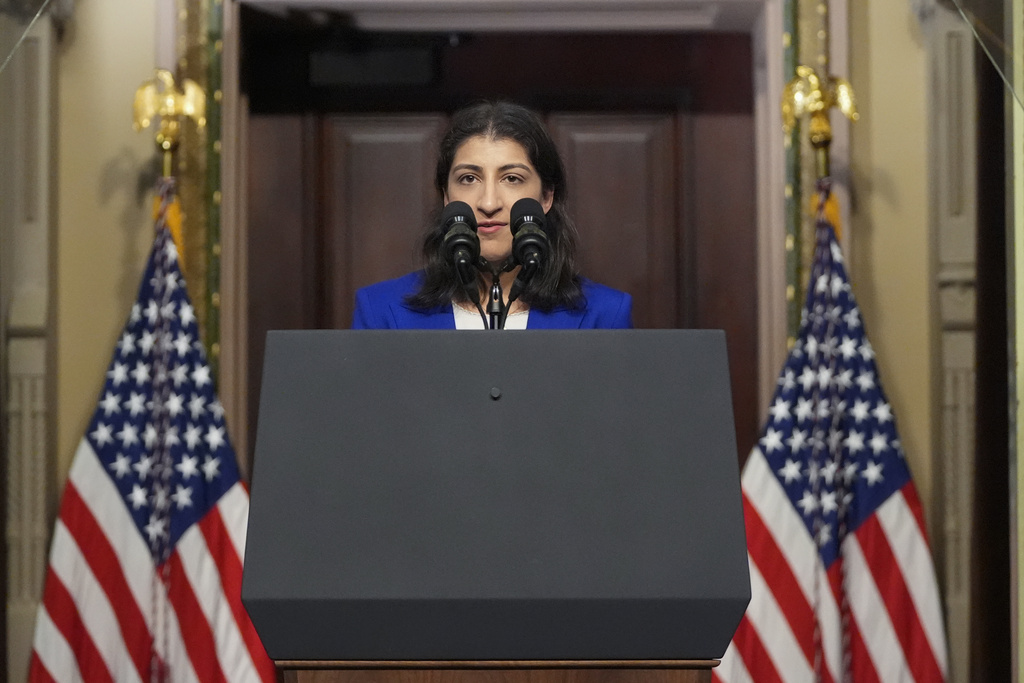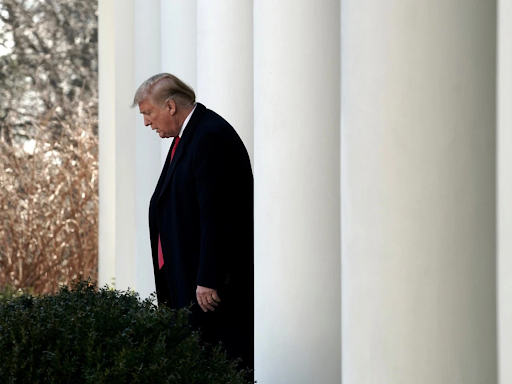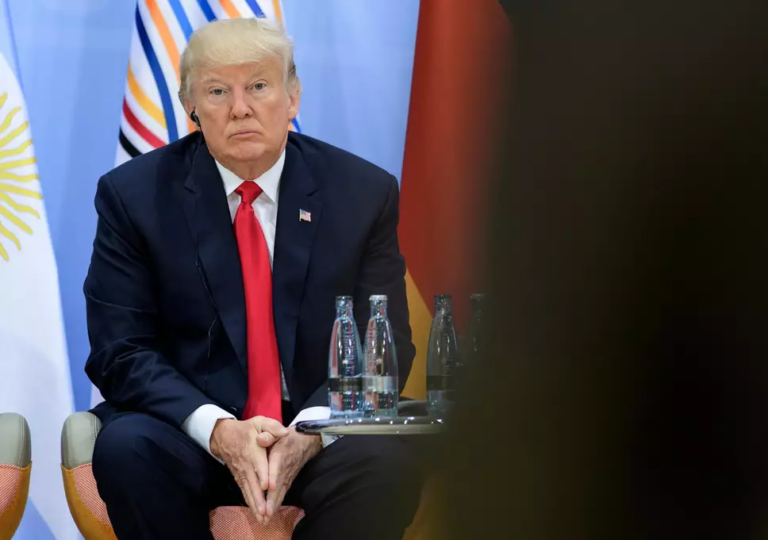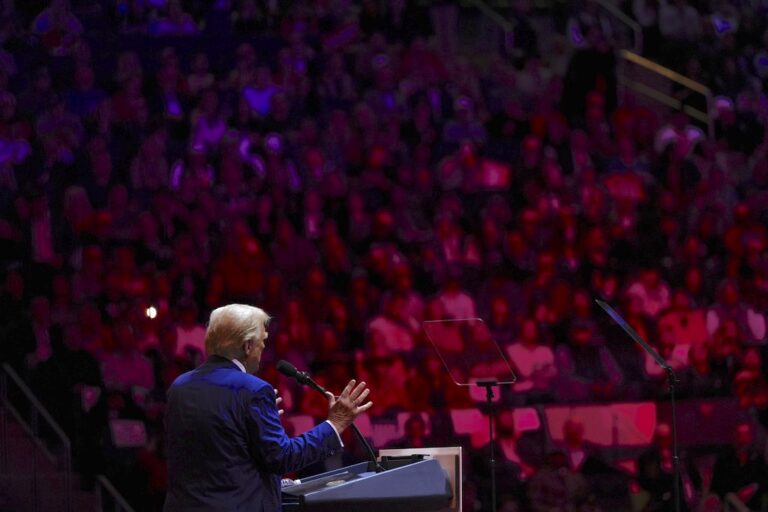
Donald Trump will return to Washington in less than two months. For Big Tech, the upcoming transition holds enormous stakes for their hopes to escape recent scrutiny.
Under the leadership of Biden-appointed chair Lina Khan, the Federal Trade Commission has spent the last few years levying unprecedented antitrust action against Big Tech, earning his administration a reputation for aggressive crackdowns on corporate consolidations. Meta is now set to go to trial over its acquisitions of Instagram and WhatsApp after an August ruling found that Google “acted illegally to maintain a monopoly in online search.” This week, the F.T.C. opened an investigation into Microsoft’s business practices after losing a case attempting to block their takeover of gaming giant Activision Blizzard one year ago.
Despite Khan’s imminent exit under a Republican administration, tech giants aren’t out of the woods by any means. Trump’s previous administration launched investigations into Amazon, Apple, Google, and Meta, laying the foundation for current litigation. If Trump’s vice president and cabinet picks are any indication, he is preparing to maintain pressure on Big Tech.
Vice President-elect J.D. Vance remarked in August that Khan is “one of the few people in the Biden administration who [he] think[s] is doing a pretty good job.” Despite his extensive ties to the tech world, Vance has supported the breakup of Google and repeatedly voiced his desire to encourage innovation and competition in the tech sector.
Trump’s recent pick of Vance’s top economic advisor, Gail Slater, to serve as the Justice Department’s antitrust chief has also been praised by anti-monopoly advocates. Trump announced the decision in a Truth Social post that provided perhaps the most explicit view into his potential policies, writing, “Big Tech has run wild for years, stifling competition in our most innovative sector and, as we all know, using its market power to crack down on the rights of so many Americans, as well as those of Little Tech! I was proud to fight these abuses in my First Term, and our Department of Justice’s antitrust team will continue that work under Gail’s leadership.”
Additionally, Matt Gaetz’s nomination — though he has since withdrawn — certainly signals Trump’s upcoming focus on Big Tech. Gaetz said in March that he hopes the “next F.T.C. chair would continue many of the cases…brought against predatory businesses.”
To replace Khan, three candidates are in the running for F.T.C. chair. The first is Mark Meador, who previously worked for both the F.T.C. and the Justice Department. According to the Financial Times, unnamed “Wall Street and Big Tech executives” fear a continuation of Khan’s practices under Meador. Though Meador was a major player in the Trump administration’s investigation into Google, he would need to go through a lengthy Senate confirmation before taking over. The other candidates, Andrew Ferguson and Melissa Holyoak, meanwhile are on the commission and could take over immediately or alternatively, serve as acting chairs until another candidate is confirmed.
Andrew Ferguson has been an outspoken opponent of Big Tech in the past. In a conversation for the Mercatus Center at George Mason University, Ferguson described examining the role “antitrust laws should play in protecting [American] markets and in ensuring that Big Tech sort of plays by the rules” as a fundamental question for the Commission to answer. He previously helped lead the charge against Google alleging a monopoly over the ad markets.
Melissa Holyoak, on the other hand, is “very much seen as the preferred choice of Big Tech,” according to a source close to the transition team. Holyoak previously worked as an attorney for the Competitive Enterprise Institute, a think tank that advocates abolishing antitrust law. She also faces criticism for negotiating Google’s settlement over anti-competitive app store practices that Epic Games CEO Tim Sweeney called an “injustice to all Android users and developers.” Holyoak herself has defended her stance on antitrust, claiming to have “held Big Tech accountable, leading Utah’s work in lawsuits against Google, Facebook, and most recently, TikTok.”
Trump’s close relationship with Elon Musk is also worth consideration, particularly given Musk’s criticism of Khan in the past. Musk’s sights seem to be set on deregulation aimed at prompting significant growth and innovation in the tech sector. Whether his close relationship with Trump will affect antitrust policy remains to be seen, but deregulation in regards to tech sector M&A is certainly possible.
However, all things considered, Trump’s nominees thus far overshadow Holyoak’s apparent weak stance on Big Tech and the question marks over Musk’s influence. Overall, signs point to a continued fight against anti-competitive behavior in the tech sector and a rare moment of bipartisanship.
Social media censorship, however, emerges as a more divisive issue, pitting Democrats and moderate Republicans favoring moderation on social media platforms against conservative Republicans seeking to cut back on moderation. On this front, we expect to see Trump push for deregulation, especially given his history of being banned or restricted on various platforms.
Debates on online censorship revolve around Section 230 of the Communications Decency Act of 1996. Conservative critics of Section 230 contend that companies are given unconstitutional power to violate free speech “by unfairly censoring conservative viewpoints.” The Republican agenda for 2023 listed 12 legislative concepts, including “requiring reasonable moderation practices,” “limiting liability to protected speech,” and “carving out Big Tech companies from Section 230.”
Democrats and more moderate Republicans are also in favor of reforming or doing away with Section 230, although their arguments are the exact opposite. In May, representatives drafted legislation to phase out Section 230, which they claimed was exposing users to “pervasive and targeted harmful content.” Trump has not recently commented on Section 230, but in a video posted to X in 2022 and reposted by Musk just last week, Trump claimed he would ask Congress to reform Section 230 and introduce additional legislation protecting online free speech.
It’s been a years-long battle against tech giants, but don’t expect Trump’s arrival to bail them out. Big Tech faces a long fight ahead, likely encountering a similar level of scrutiny rooted in Trump’s first administration and subsequently carried out under Biden’s — along with a fresh fight against censorship deregulation.
The Zeitgeist aims to publish ideas worth discussing. The views presented are solely those of the writer and do not necessarily reflect the views of the editorial board.



